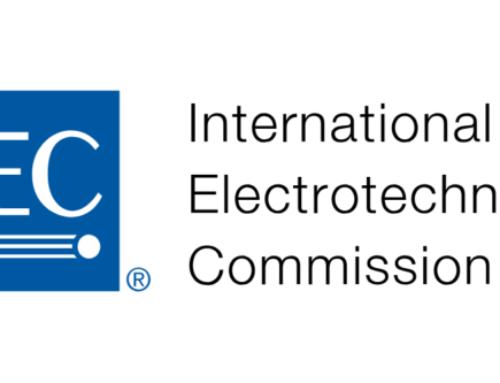On 17 March 2022, the Shanghai municipal government issued the Action Plan on Shanghai’s Standardisation Development (hereinafter referred to as the Action Plan), which outlines the state of play of Shanghai’s standardisation development, as well as targets and actions to be taken in the future.
In line with the Outline for National Standardisation Development, the Action Plan was formulated while taking into account Shanghai’s distinctive characteristics of socio-economic development and standardisation. Regarding socio-economic development, Shanghai is the largest city in China – its GDP accounted for 3.78% of China’s national GDP in 2021. As for standardisation, Shanghai has always played a leading role in the formulation and revision of national standards, and has actively participated in international standardisation activities on behalf of China. For instance, by the end of 2021, Shanghai had led the formulation and revision of 4039 national standards and 115 international standards. Furthermore, a total of 6 secretariats of ISO TC/SC and 117 secretariats of national TC/SC are hosted in Shanghai. Therefore, Shanghai’s Action Plan will have a high impact on standardisation development nationwide and even worldwide.
According to the targets set in Action Plan, by 2025, Shanghai will have led the formulation or revision of 60 international standards and 80 national standards, and will have established 5 secretariats of national or international TC/SC; while the number of newly registered experts of international standardization organisations will have reached 200 by 2025. By 2035, a work pattern characterised by market-driven, government-guided, enterprise-oriented, publicly-participated, and open and integrated standardisation will have been fully formed, and a high-quality development standard system with Shanghai characteristics established, leading in China and ranking among the most advanced in the world.
The following is our summary of the Action Plan, highlighting aspects which may be relevant for foreign companies:
- Facilitating industrial development and innovation.
- Integrating standardisation with scientific innovation. The Action Plan reflects the great importance attached to standard research in key technology areas, including quantum technology, computing science, gene and cell technology, hydrogen energy and energy storage, etc. At the same time, the process will benefit from achievements in scientific and technological research.
- Promoting the standardisation of the economy’s digital transformation. The Action Plan requires the formulation of standards for the digital transformation in industrial manufacturing, agricultural production, finance, commercial circulation, shipping and logistics, and science and innovation ecology– aimed at promoting the integrated development of the digital economy with the real economy. In addition, the development and implementation of standards based on digital technologies such as the Internet of Things, big data and artificial intelligence, will also be promoted.
- Facilitating high-quality development through standardisation. The Action Plan focuses on the development of standardisation in the three leading industries– integrated circuits, bio-medicine and artificial intelligence – and in six high-end industries – new energy vehicles, high-end equipment, aerospace, information and communication technologies, new materials, and emerging digital industries. The aim is to continuously improve the core competitiveness of those industries.
- Contributing to the municipal administration and public services. The Action Plan outlines the actions to be taken for improving municipal administration and optimising the public services. Also, according to the Action Plan, standardisation of the digital life and digital administration will become important tasks in the near future.
- Supporting green development. The Action Plan outlines the standardisation of green development in two major aspects: (i) completing the standardisation system for ecological environment, and (ii) optimising the standardisation system of low-carbon emission and energy conservation. The former action requires the formulation of relevant standards and the establishment of a mechanism for promoting, implementing and assessing standards; the latter action involves the formulation of association standards and enterprise standards, as well as the formulation of technical standards for clean production, green products standards, and green building standards.
- Promoting the development of coordinated and innovative standardisation. The Action Plan also outlined measures for promoting the regional coordination of standards, aimed at improving regional cooperation in economic development, public services as well as the environmental protection. In addition, the Action Plan also encourages Shanghai’s proactive participation in international standardisation. For instance, Shanghai’s enterprises, institutions and experts are encouraged to participate in international standardisation activities, while the affiliated agencies of international standardisation organisations are encounraged to establish representations within the city. In terms of innovative reforms of the standardisation system, the Action Plan shows Shanghai’s determination in supplying high-quality and influential standards across industries and in optimising the structure of standards, by leveraging on the quality supply of advanced enterprise standards, association standards and local standards.




